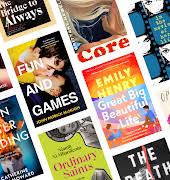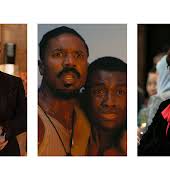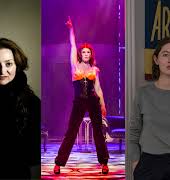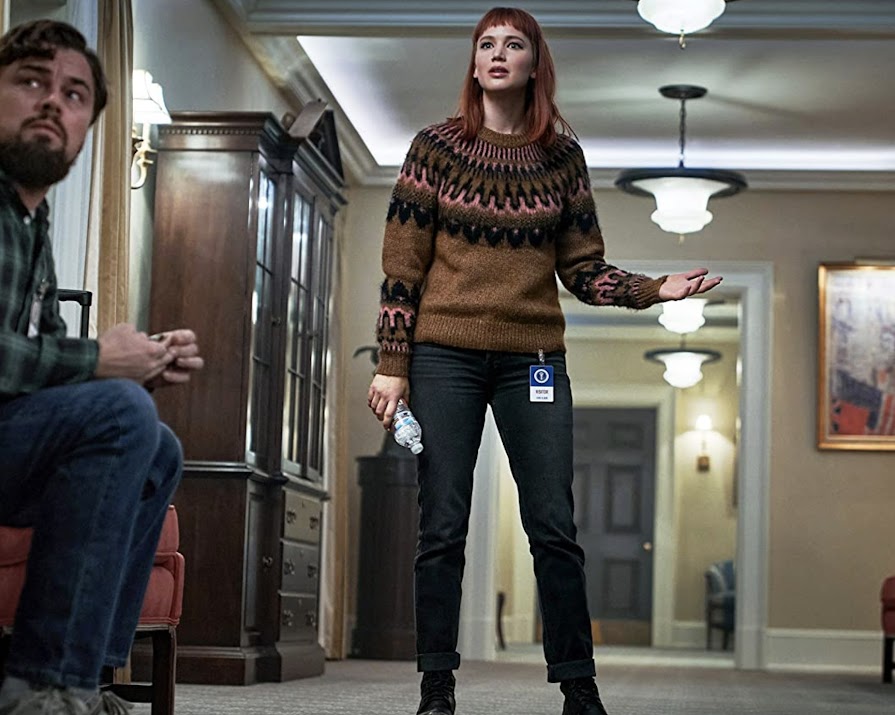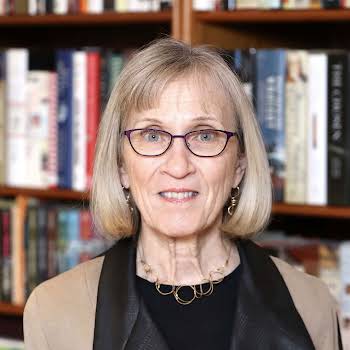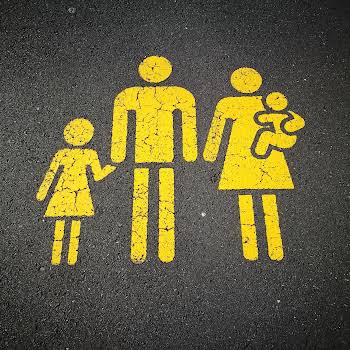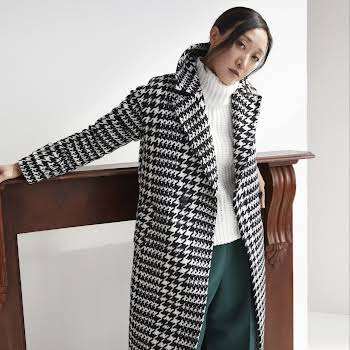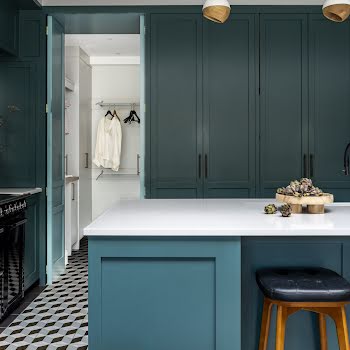By Sarah Finnan
Kirsten Dunst claims that the pay gap between her and Tobey Maguire was “very extreme”, but hers is not an isolated case and both Michelle Williams and Jennifer Lawrence have had similar experiences.
We’ve always known that the gender pay gap exists, but it’s no less shocking to read articles titled “women essentially working for free for rest of year”. Such pieces tend to crop up around early November time thanks to WorkEqual who campaign to highlight the salary gap between Irish men and women. The problem extends far beyond our humble shores though and permeates every industry around the world. In fact, the salary gap between the genders is arguably most notable in Hollywood.
A sector that thrives off of excess, it can be hard to relate to the giant sums that actors are paid. Most well-established names earn more money than us laypeople could ever even dream of… but not everyone is compensated equally and it’s usually women that get the short end of the stick.
Spidey sense tingling
Take Kirsten Dunst, for example. Recently speaking out about her role in the movie Spider-Man, the actress got real about the disproportionate salaries between her and co-star Tobey Maguire.
“When people talk about her acting work they seldom use the word Spider-Man, but she makes those movies watchable,” director Andrew Jarecki noted. “You could argue Tobey Maguire doesn’t work in that part without her. And he might not have worked in that part with 50 other actresses, until you got to her. I think she started making this connection when she was 11 and kissed Brad Pitt in Interview With the Vampire. It’s something she’s been able to give at a lot of different ages: that sense of intrinsic connection we feel, that we’ll like the person she likes.” Clearly full of praise for Dunst’s ability to light up the screen, it’s a wonder that anyone could justify such a huge gap between her and Maguire’s earnings.
But that’s exactly what happened. “The pay disparity between me and Spider-Man was very extreme,” Dunst noted before admitting that she “didn’t even think about it” at the time. Just 19 when she was cast as M.J. Watson in the franchise, she was already a seasoned pro with several other roles under her belt… and yet, she was never treated as such. Cut to the sequel, and Dunst even featured on the promotional poster for the movie. Another clear indication that she was intrinsic to its success. “You know who was on the cover of the second Spider-Man poster? Spider-Man and ME,” she said in an interview with The Independent.
Multi millionaire
Dunst never specified how much she was paid to play Mary-Jane but it’s reported that Maguire received $4 million for the first movie. He then negotiated a salary over four times that sum and earned $17.5 million for the sequel. Several years later and Dunst has fared much better than Maguire though – perhaps not monetarily speaking, but she’s one of the most in-demand actresses in Hollywood, so she’s definitely doing something right.
Subsequent jobs include parts in movies such as Melancholia, Bachelorette, and the upcoming Power of the Dog in which she stars alongside Benedict Cumberbatch. Yet to be recognised with an Oscar, she’s hoping her latest work might change that, and Variety reports that the actress will campaign for best supporting actress this awards season. “An Academy coronation for Dunst has been long overdue”, they point out.
If the salary inequality between Dunst and Maguire isn’t enough to convince you, there’s a long list of others I could turn to as further proof that the gender pay gap continues to be one of Hollywood’s biggest problems. Just two years ago, Michelle Williams made headlines when she spoke out about the difference between what she and her male counterpart, Mark Wahlberg were paid for the movie All the Money in the World.
Realising things
A vocal spokesperson in favour of closing the gender pay gap, Williams previously shared her experience at a demonstration for House Democratic legislation at Capitol Hill back in 2019. Discovering that she had been paid much, much less than Wahlberg for reshoots that needed to happen before filming could officially wrap, the actress admitted that she was left “paralysed in feelings of futility”.
“It’s the kind of story I would normally resist: the morality tale with a happy ending, or rather a happy beginning because that’s really why I’m here,” Williams said at the time. “There won’t be satisfaction for me until I can exhaust my efforts ensuring that all women experience the elevation of their self-worth and its connection to the elevation of their market worth.”
As the story goes, reshoots were organised on the Ridley Scott movie to accommodate Christopher Plummer taking over the lead role following allegations of sexual misconduct against Kevin Spacey, its original lead. Wahlberg was paid $1.5 million for the reshoots while Williams pocked $80 per diem totalling less than $1,000… which amounted to 0.07% of Wahlberg’s earnings for the same period.
Who cares?
“In late 2017, the news broke that I’d been paid less than $1,000 compared to the $1.5 million that my male counterpart had received for the exact same amount of work,” she continued. “And guess what, no one cared. This came as no surprise to me, it simply reinforced my life-learned belief that equality is not an inalienable right and that women would always be working just as hard for less money while shouldering more responsibility at home.”
“I’ve been a working actress since the age of 12. I’ve been accredited by my industry at the highest levels and that still didn’t translate to equal compensation. Months passed and the actress Jessica Chastain, with whom I had in fact played sisters, offered to take my story to her Twitter,” Williams continued.
“Jessica’s audience was much wider than mine and she wasn’t afraid to pick up a megaphone and be heard. Heard she was, there was an uproar and a public shaming within my industry that resulted in a $2 million donation to the Time’s Up Defense Fund.” Wahlberg donated his salary while agency William Morris Endeavours – which represents both Williams and Wahlberg – donated a further $500,000 to the cause too. It is not known if Williams received any additional salary.
Changemaker
Things did begin to improve for the actress though and she stands by her decision to speak out, noting that she could tell her workplace “was shifting”. “Rather than being grasped too tightly or hugged for too long as a morning greeting, my hand was shaken and I was looked squarely in the eye and I was welcomed to my Monday morning,” she said. Fast forward to the next job she took on – a role in Fosse/Verdon, a TV series about the partnership between choreographer/director Bob Fosse and the legendary Broadway dancer Gwen Verdon – and Williams confirmed that she was compensated fairly. “On the job I just completed two weeks ago, I have to tell you, I was paid equally with my male co-star,” she added.
As was the case with Dunst, Williams had already proven herself to be more than capable. Her plight was only taken seriously after several others complained about the injustice of it which shows that the powers that be would happily have let it slide had it not been for the public uproar.
More recently, Jennifer Lawrence has spoken out on the topic too. One of many, many famous faces to appear in the upcoming Don’t Look Up movie, JLaw stars as Kate Dibiasky, an astronomy grad student who – along with her professor Dr Randall Mindy (played by Leonardo DiCaprio) – makes an “astounding discovery” of a comet orbiting with the solar system. The problem being that said comet is on a “direct collision course with Earth”.
Don’t look up, don’t speak up
Equally important to the plot of the movie as her male counterpart, Vanity Fair’s recent cover story on Lawrence points out that her name appears first on the credits – “hanging on the screen a half-second before being joined by Leonardo DiCaprio’s”. JLaw smiles at this observation, admitting that she was “number one on the call sheet” too. “I thought [the credits] should reflect that,” she continued. “Leo was very gracious about it. I think we had something called a Laverne & Shirley, which is this billing they invented where it’s an equal billing. But I guess maybe somewhere down the line, I kicked the stone further, like, ‘What if it wasn’t equal?’”
Lawrence’s name may have appeared first, but she had to push for it to do so – pointing to Scarlett Johanson as being part of the reason she felt so inspired to own her professional worth. “I thought that was extremely brave,” she said of ScarJo’s legal battle against Disney. “If two parties understand how a movie is going to be released, and then it turns out that one of the parties did not agree to that, that’s unfair. She was also crowning! She was giving birth”.
From what it *sounds* like, Don’t Look Up was one of the few movies that skewed in favour of its female lead but things weren’t as equal as they may seem and Vanity Fair later reports that Lawrence earned $5 million less than DiCaprio did for the same project; she was paid $25 million, while he got $30 million for his troubles.
Probing the actress about her feelings over the bitter irony that she made less than the man below her on the call sheet, JLaw said that she was aware of the pay disparity between her and DiCaprio. “Look, Leo brings in more box office than I do,” she stated rather matter-of-factly. “I’m extremely fortunate and happy with my deal. But in other situations, what I have seen – and I’m sure other women in the workforce have seen as well – is that it’s extremely uncomfortable to inquire about equal pay. And if you do question something that appears unequal, you’re told it’s not gender disparity but they can’t tell you what exactly it is.”
A piece that appeared on Variety last year questioned whether their initial coverage of women in Hollywood was “too optimistic”. “Is history just an endless cycle of moving forward and then retreating?” they pondered. Theirs is a difficult query to answer but the evidence suggests that yes, things will probably get worse before they get better. Progress is never linear and unfortunately, women will always have to fight harder to be heard… and paid.



